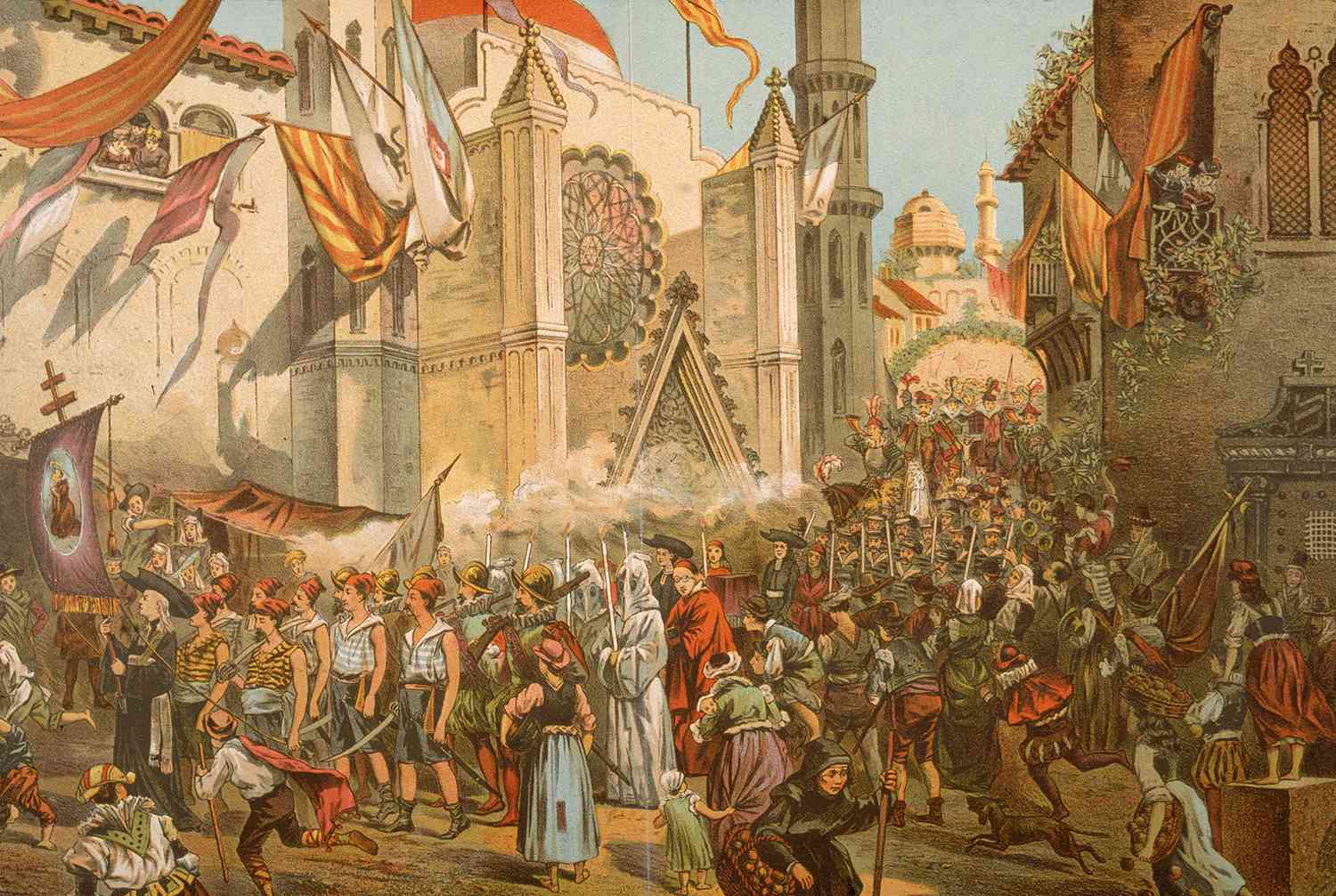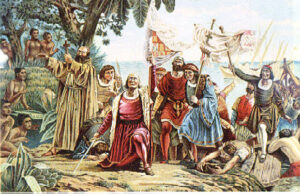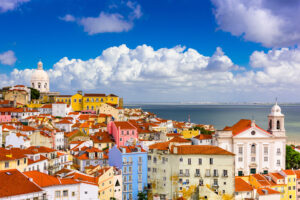Exploration, conquest, trade, and cultural exchange are just a few of the things that happened during Portugal’s colonial rule. Portugal’s colonial empire was one of the first and longest-lasting in world history, lasting more than 500 years. This study goes into detail about the most important times in Portuguese colonial history. It looks at the reasons for exploration, important lands, cultural effects, and the empire’s eventual fall.
The Start of Portuguese Exploration
Early Exploration and Growth
It was a mix of economic, political, and religious factors that led Portugal to start colonising other countries in the early 1400s. Prince Henry the Navigator led the age of exploration and did a lot to encourage people to go on sea voyages. He gave Portuguese explorers permission to go along the west coast of Africa and set up trading posts and colonies.
Setting up the School of Navigation at Sagres was a key step forward in improving navigational skills and map-making. Because of this, important things were done, like when Bartolomeu Dias rounded the Cape of Good Hope in 1488 and Vasco da Gama found a way to get to India by sea in 1498. These important events made it possible for trade to grow and set the stage for Portugal’s future growth.
The Treaty of Tordesilla`
Portugal and Spain signed the Treaty of Tordesillas in 1494. It was a very important agreement that divided newly discovered lands outside of Europe between the two countries. As a result of this treaty, Spain got control of most of the Americas and Portugal got control of parts of Africa, Asia, and Brazil. The treaty played a big role in shaping the world’s politics during the Age of Exploration and made Portugal a stronger colonial power.
The Growth of the Portuguese Empire
Colonies in Africa
Along the coast of Africa, the Portuguese set up trading posts and forts as the first step in their colonial expansion. Ceuta, which was taken over in 1415, was one of the first important colonies. Later, trading posts like those in Angola and Mozambique became important. The trade of gold, ivory, and slaves went through these colonies, which was very important to the Portuguese economy.
The Portuguese built a network of fortified trading posts and ports that helped them control trade routes and deal with the African kingdoms that were nearby. They traded, sent missionaries, and sometimes used force to take over other countries in Africa as part of their colonial presence.
Asian Colonies
Portugal’s growth into Asia was marked by the founding of important trading posts and colonies that became the hubs of their empire. When the Portuguese took over Goa in 1510, it was the start of their rule in the Indian Ocean. Goa was the centre of government and trade for the Portuguese East Indies. It was very important in the spice trade and helped the Portuguese expand into Asia.
The Portuguese also set up colonies in Southeast Asia, such as Malacca and Timor. These lands were very important to the spice trade and gave Portugal strategic control over important sea routes. Portuguese art, food, and scientific knowledge were all changed by their interactions with Asian cultures.
The Colony of Brazil
Brazil was one of the most important things the Portuguese Empire ever bought. When Pedro Álvares Cabral found Brazil in 1500, it wasn’t as economically interesting as other colonies. But when valuable things like sugarcane, gold, and diamonds were found in Brazil, it became an important part of the empire.
The Portuguese set up big plantations and forced Africans to work on the sugarcane fields as slaves. Brazil quickly became the most important country in terms of trade, and it was also the centre of Portuguese colonial activity in the Americas. The culture and society of the colony were shaped by a mix of African, Portuguese, and native influences.
Effects on culture and the economy
Exchange of Cultures
Europe, Africa, Asia, and the Americas all shared their cultures with each other a lot during the Portuguese colonial empire. Languages, traditions, and customs were shared between the Portuguese colonisers and the people who lived there before them. Portuguese became the common language in many of its colonies, and parts of Portuguese culture were adopted by the people who lived there.
Portuguese missionaries helped spread Christianity, set up missions, and change the cultures of people in Africa and Asia. In many places, the mix of Portuguese and local traditions has led to a rich cultural heritage. The Portuguese language and customs mixed with African and native ones in Brazil, making the country’s culture unique.
Exploitation of the economy
Portuguese colonialism had a huge effect on the economy. The empire got very rich because it controlled important trade routes and resources. Spice, gold, and slave trade were very important to the empire’s economy. Exploiting the resources and labour of Portuguese colonies helped Portugal get rich, but it also caused big social and economic problems.
A lot of bad things happened to African societies because of the slave trade. Millions of Africans were taken against their will to work in Portuguese colonies. This helped the transatlantic slave trade grow and had long-lasting effects on the social and economic structures of Africa.
Fall of the Portuguese Empire Problems at Home
There were both internal and external factors that led to the fall of the Portuguese Empire. There were economic problems, inefficient government, and political instability in the empire. Portugal’s resources were stretched thin because of the size of its empire and the difficulties of keeping control of faraway lands.
While the Iberian Union was in place from 1580 to 1814, the Portuguese Empire was in decline. When King Philip II united Portugal and Spain, it made it harder to get along with other European powers and led to more competition and war. During this time, the Dutch and English took over a number of important Portuguese colonies and trading posts, making Portugal even less powerful around the world.
Movements for Independence
In Portuguese colonies in the 1800s and 1900s, there was a wave of movements for independence. The Napoleonic Wars and the political changes that followed in Europe made the Portuguese Empire unstable and subject to change for a while. People in Africa and Asia who were part of nationalist movements wanted their countries to be free and make their own decisions.
When Brazil declared its independence from Portugal in 1822, it was a big loss for the empire. Many African colonies, like Angola, Mozambique, and Guinea-Bissau, got their independence from Portugal in 1974 after the Carnation Revolution. This was part of the decolonisation process that started in the 19th century.
What Portuguese colonialism left behind
Portuguese colonialism left behind a lot of different effects. The empire’s influence can be seen in how the Portuguese language spread. It is still a major world language, spoken in many countries in Africa, Asia, and the Americas. The colonial period saw a lot of cultural exchange and interaction. These interactions have had a lasting effect on the societies and cultures of the countries that were once colonies.
Trade and exploration around the world were also changed by Portuguese colonialism. Portugal was very important in the Age of Discovery. The cultural, linguistic, and historical ties that the empire left behind still have an effect on the world today.
Conclusion
Looking into the history of Portugal’s colonies shows a full and changing story of exploration, growth, and cultural exchange. From the first sea voyages to the building of a global empire, Portugal’s colonial activities had a huge effect on the whole world. The rise and fall of the Portuguese Empire were caused by a lot of different economic, political, and social factors interacting with each other. These factors changed the course of history and have lasting effects on modern societies.



